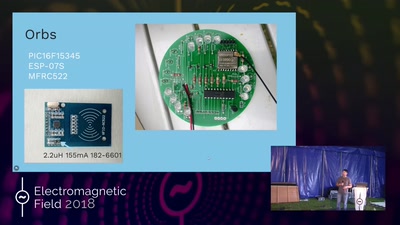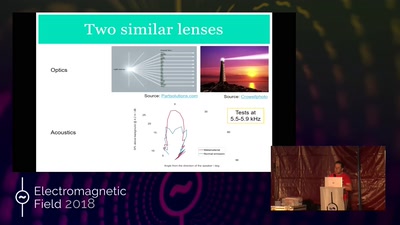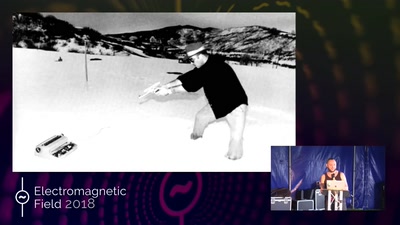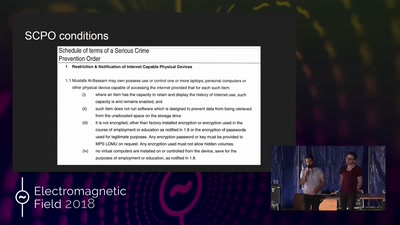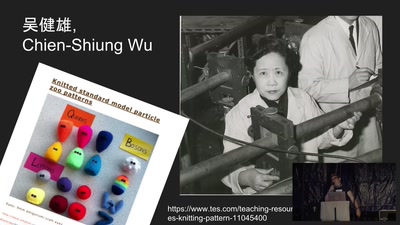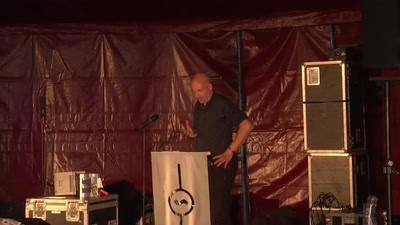During my PhD, I spent my free time building an InMoov, which is a life-size 3D printed humanoid robot. I tweaked the original designs a bit to make it run on the Robot Operating System (ROS) and added a powered wheelchair base to give it mobility. Kermit, as it was named by the first human who saw it, now lives in fizzPOP in Birmingham and aspires to be the world's first 3D printed robot butler*.
In this talk, I'll present the story and future plans for Kermit as a how to guide to printing the robot's mechanisms, choosing actuators, and adapting a powered wheeled base to give the robot mobility. I will also talk about using ROS to operate the robot, enable it to perceive the environment and navigate autonomously, and execute useful tasks.
During my PhD, I spent my free time building an InMoov, which is a life-size 3D printed humanoid robot. I tweaked the original designs a bit to make it run on the Robot Operating System (ROS) and added a powered wheelchair base to give it mobility. Kermit, as it was named by the first human who saw it, now lives in fizzPOP in Birmingham and aspires to be the world's first 3D printed robot butler*.
In this talk, I'll present the story and future plans for Kermit as a how to guide to printing the robot's mechanisms, choosing actuators, and adapting a powered wheeled base to give the robot mobility. I will also talk about using ROS to operate the robot, enable it to perceive the environment and navigate autonomously, and execute useful tasks.


